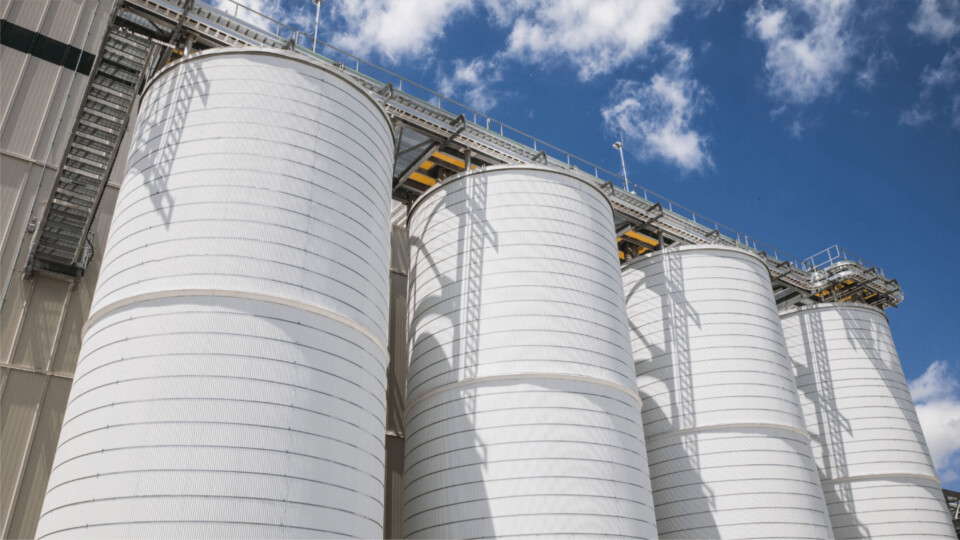
Algal oil producer sets carbon reduction target
Veramaris, which produces algal oil for salmon feed, has had its target to reduce greenhouse gas (GHG) emissions approved by the Science Based Target initiative (SBTi) aimed at urgently limiting global warming to below 1.5°C.
The company, a joint venture between speciality chemicals firms DSM and Evonik, will achieve a 38% reduction in absolute Scope 1 and Scope 2 emissions by 2030 from a 2021 base year.
Notably, Veramaris is making this commitment ahead of its recently announced growth phase. The Netherlands-based company, which has its primary production facility in Blair, Nebraska, in the US, will report progress against the Science Based Targets in addition to measuring and reducing Scope 3 emissions.
Planetary boundaries
In a press release, Veramaris said that its own commitment to decarbonise helps customers address their Scope 3 emissions while also creating additional transparency in their supply chains. In the food sector, retailers recognise that Scope 3 emissions account for the majority of their GHG emissions.
Veramaris chief executive Karim Kurmaly said: “Aligning our GHG reduction goals with Science Based Targets is an important step we are taking to contribute to protecting the future of our planet.
“At Veramaris, even though we are in the early stages of scaling up our production, we understand the importance and urgency of climate change. So, we are doing our bit to help the food system grow within planetary boundaries.”
1.5°C limit
GHG concentrations have peaked in recent years prompting scientists and governments to try and limit the global temperature rise to no more than 1.5°C in an attempt to prevent the worst climate impacts on the planet. It is for this reason that countries and companies worldwide are coming together and taking action to cut emissions.
The SBTi is leading the way to a zero-carbon economy, driving ambitious climate action in the private sector by enabling companies to set science-based emissions reduction targets.























































